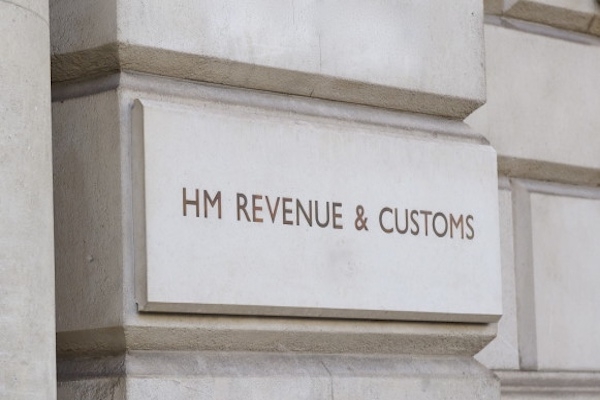Reports of scammers impersonating HMRC in spoof phone calls have fallen by 97% over the past 12 months after a major crackdown by HMRC.
HMRC says increased efforts to tackle the fraudsters, better publicity on the dangers and ‘innovative technologies’ have all help cut down the menace.
Reports of scammers impersonating HMRC in phone calls peaked at 79,477 in March 2021 but fell to 2,491 in December 2021, according to HMRC data.
HMRC said some of the success was due to it working more closely with overseas authorities as many of the scam attempts originate overseas.
In 2021 HMRC collaborated with authorities in India as a “key international partner” in tackling the organised crime groups that run the scams. Work by the Indian authorities last year resulted in multiple arrests and the closure of criminal call centre operations. In June 2021, 51 people were arrested at two call centres in Delhi, India, that were dedicated to facilitating HMRC scams.
HMRC said there had also been a 92% drop in phishing email reports in 2021 and a 97% drop in scam text reports.
Bogus HMRC phone calls and text messages are the most used scam methods perpetrated by fraudsters.
Fake HMRC messages have resulted in HMRC being the third most phished brand in the world but the reduction in scam attempts in 2021 means it is now outside the top 100 scammed brands globally.
HMRC said its figures suggested a downward trend in scam attempts throughout 2021.
In the last year, HMRC responded to 670,793 referrals of suspicious contact from the public, with 283,157 of these cases offering bogus tax rebates. Others threaten arrest for tax evasion or offer fake financial support.
HMRC said the reduction in scam attempts was a “testament” to the work of HMRC teams in tackling the problem. HMRC has set up dedicated customer protection teams and helplines, tools to refer scams and used technology to monitor the scammers.
HMRC said the reduction signalled that the public was becoming more aware of cyber criminals and the methods they use to trick people. Publicity about the risks has also helped to alert the public to the dangers.
Mike Fell, HMRC’s head of cyber security operations, said: “We work incredibly hard to protect the public from these criminals who ruin lives by stealing from people. It’s great news that fewer people are receiving and reporting these attempted frauds, but it is still important they continue to report suspicious contact to us.
“We will continue to do everything we can to protect the public from these cynical attempts to impersonate HMRC to steal from people.”

